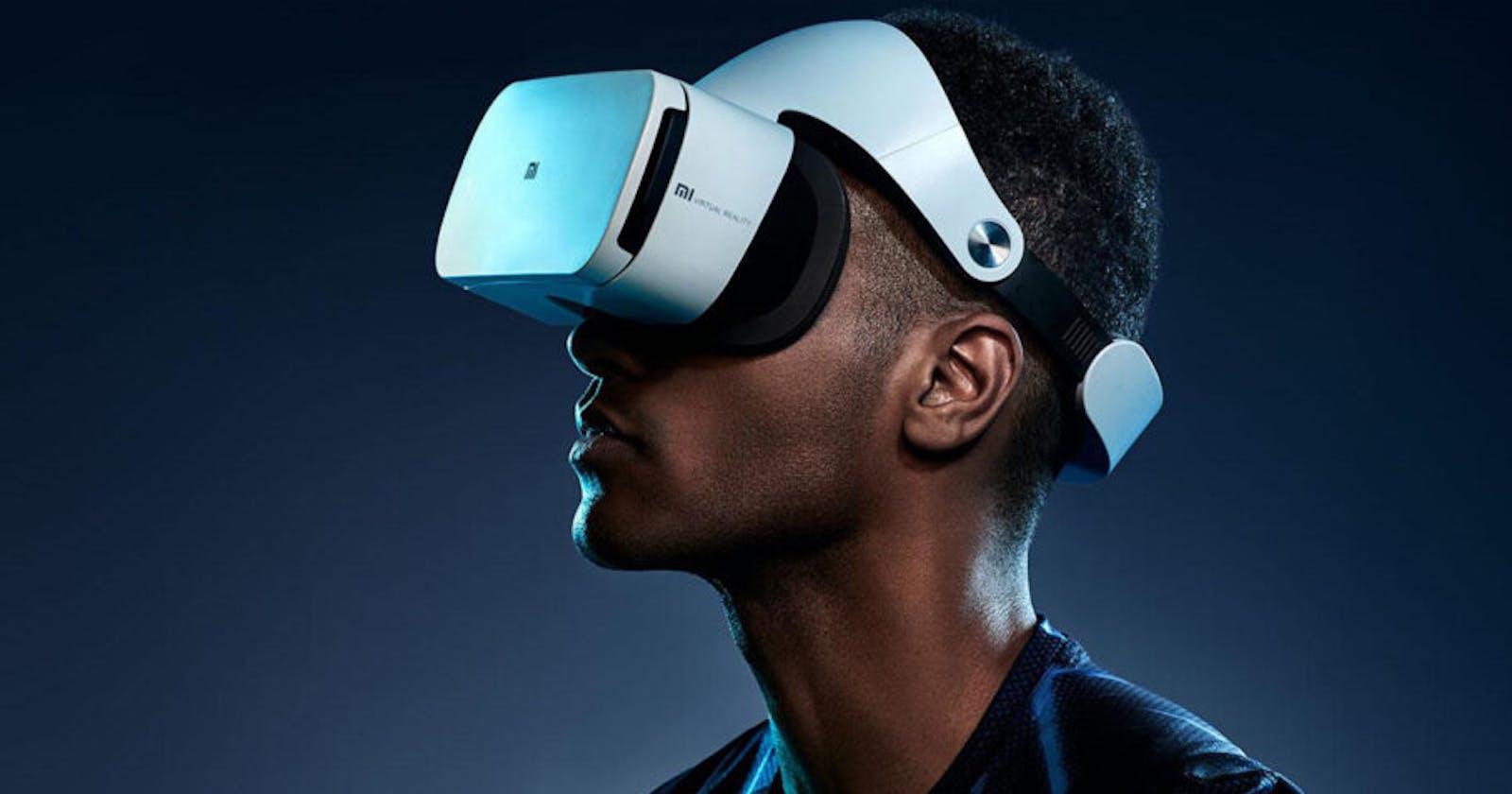In today’s world, entertainment is crucial for enjoyment and relaxation. With most career professionals/oriented persons having at least 40 hours of work every week, there is a need to identify some forms of relaxation. While some enjoy hangouts with friends and family others look to concerts, the cinema for movies, music sessions and so on. However, going to public places especially in the middle of a global pandemic when social distancing is important might be difficult if not nearly impossible.
In such a situation, media streaming and social media platforms may serve as worthy substitutes for some, others however, need to feel the company that the cinema brings and the reactions to scenes the audience presents- leading to this question: How can we be presented with quality entertainment that reflects the same physical experience as though we are actually there, while stuck in our homes? Palmer Luckey, founder of Oculus Rift said VR is a “way to escape the real world into something more fantastic. It has the potential to be the most social technology of all time” and these trying times definitely buttress this claim.
Until now, the technology of Virtual Reality (VR) has been applied primarily to gaming, to give enthusiasts a more intense feel of the games they play. Considering its successful application in that space, there is a desire to extend the boundaries of VR beyond gaming to areas like entertainment. Already, trials have taken place and culminated in VR entertainment houses and platforms notably the NextVR, a platform that allows concert organizers to conduct concerts to a virtual audience.
Virtual Reality in Nigeria
VR in Nigeria is still in its early stages and is growing at a slow rate due to little or low acceptance and lack of massive funding. Despite this, startups like Imisi 3D, StanLab and the likes have sought to propagate its use in various fields like education, advertising, storytelling etc. However, application of the technology has been limited. Invariably, it has seen little or no significant usage in the country’s entertainment industry. Despite this, the technology can be applied in numerous ways including:
- Music concerts: Nigeria’s entertainment industry is awash with many musicians and artists who possess mastery in their craft. However, the COVID-19 pandemic has dashed hopes of organizing musical concerts anytime soon. VR can present artists and their fans the opportunity to host virtual concerts which will simulate the experiences and live/ physical ones.
- Virtual Cinema: The cinema is another place of entertainment for Nigerians. In fact, the cinema culture in the country is thriving, as Nigerians spent more than 600 million naira going to the Cinema in 2019. The economic success which cinema culture witnesses in Africa’s most populous black nation points to a possible acceptance of VR if it were to be applied to the film industry. As such, cinema houses around can embrace the technology with the assurance of successful turnouts
- Virtual Fashion shows: Nigerians are lovers of fashion and as such, do not lack the abundance of designers. These designers use fashion shows to exhibit their talents, fashion trends and products. However, the continuous cancellations of runway and fashion shows due to the COVID-19 pandemic signifies that Nigerian “fashion-preneurs” and their fans need to adopt the VR technology.
How can we leverage VR in Nigeria’s Entertainment Industry?
The fact that start-ups are already exploring the potentials of the technology is commendable. However, there is more to be done to improve its application. Tech companies both local and international have salient roles to play as their investment of resources can quicken and improve its application. These companies can also facilitate trials to test the viability of virtual entertainment.
Additionally, entertainment moguls, houses and organizations must be willing to collaborate with such operations and investments to fast-track the application of the technology in the industry.
Ultimately, Virtual Reality (VR) is the future of the entertainment industry. With the technology, entertainment will be more dynamic and appealing to people, not to mention the economic benefits media, film houses stand to gain with the application of the technology to cinemas, fashion shows, music concerts migrating them to the realm of virtual reality.

